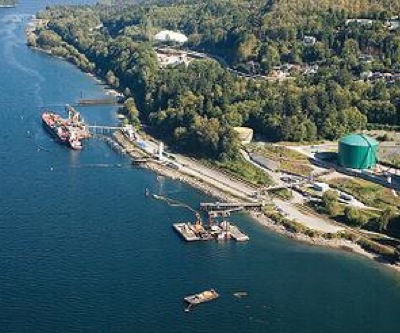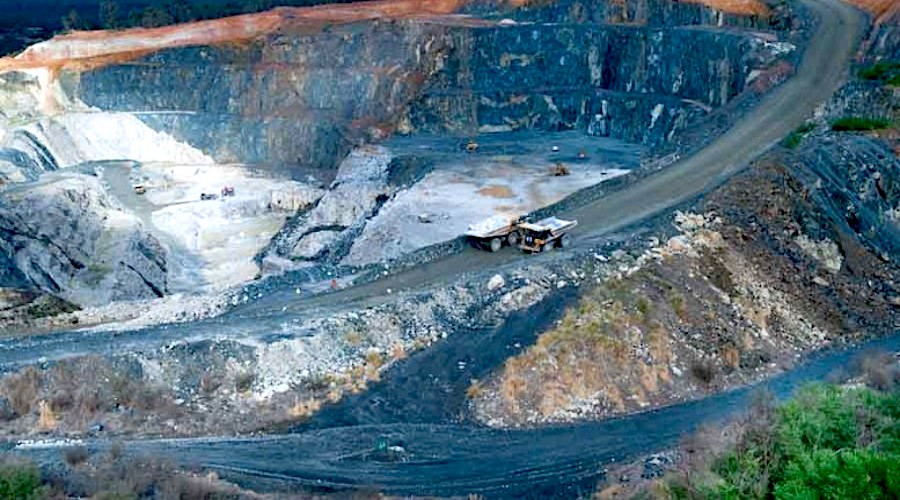Public muzzled in Trans Mountain debate, critics say

B.C. businesses and homeowners who could see their properties temporarily ripped up to make way for the Trans Mountain pipeline may have assumed that, at some point, they would get to stand in front of the National Energy Board (NEB) and Kinder Morgan Inc. (NYSE:KMI) and make their case, either for or against the $5.4-billion project.
Burnaby residents opposed to a new section of pipeline being run through the Burnaby Mountain and Brunette River conservation areas might have also made that assumption.
They may have been thinking about that other pipeline – the Northern Gateway project, where virtually everyone who had something to say about the project got to speak to it at public hearings that took place over a year in 20 communities in B.C. and Alberta.
There will be no such public hearing schedule for the Trans Mountain pipeline. Only a limited number of interveners – 400 out of more than 2,000 applicants – will get to speak at an oral hearing in February 2015.
Those designated as commentators will get to write a single letter but won’t get to speak at a limited number of oral public hearings or ask questions. And not even interveners will get to cross-examine Kinder Morgan or its expert witnesses.
The one exception is First Nations, who have their own, separate oral hearings set for August 5 to September 4.
“What they’ve done with the hearing order is they’ve really just done away with oral public hearings, for the most part,” said Lou Pelletier, director of planning for the City of Burnaby. “They’ve left us with a paper submission.”
The vetting process for major public projects like pipelines and railways was streamlined in 2012 through an omnibus budget bill, C-38.
While the Northern Gateway process was a joint review process involving both the NEB and Environment Canada – a process that went on for four years – Kinder Morgan’s pipeline proposal will be heard by the NEB, and it must be concluded in 15 months.
Critics say the process is rushed and exclusionary. One of the more controversial aspects of it is the absence of any opportunity for interveners to cross-examine Kinder Morgan or its experts.
It was through cross-examination – most notably by the B.C. government – that some of the most worrisome elements of the Northern Gateway proposal were revealed to the public.
The claim by Enbridge, for example, that diluted bitumen does not sink was contested in cross-examination during the joint review panel hearings. And as economist and former ICBC CEO Robyn Allan points out, significant disparities between the Government of Alberta’s economic impact forecasts related to the Northern Gateway pipeline and Enbridge’s forecasts only came to light during cross-examination.
“The interveners will be allowed to stand up and address the panel and tell them our views, but the evidence will never be tested in public,” said Burnaby’s legal counsel, Gregory McDade. “It’s not a hearing and it’s not public because there’s no chance to cross-examine.”
Citizens, municipalities and organizations granted intervener status were informed on April 2 and were given until May 2 to submit any questions they have.
“We basically have a four-week period to go through a 15,000-page submission from Kinder Morgan and identify questions that we think we need more information on,” Pelletier said.
Greg Toth, senior project director for the Trans Mountain pipeline, said the interveners who have been selected represent a good cross-section of interests, and he thinks the hearing process will be thorough.
“We think that the regulatory review process is going to be very intensive and very transparent,” Toth said.
{{ commodity.name }}
{{ post.title }}
{{ post.date }}




Comments